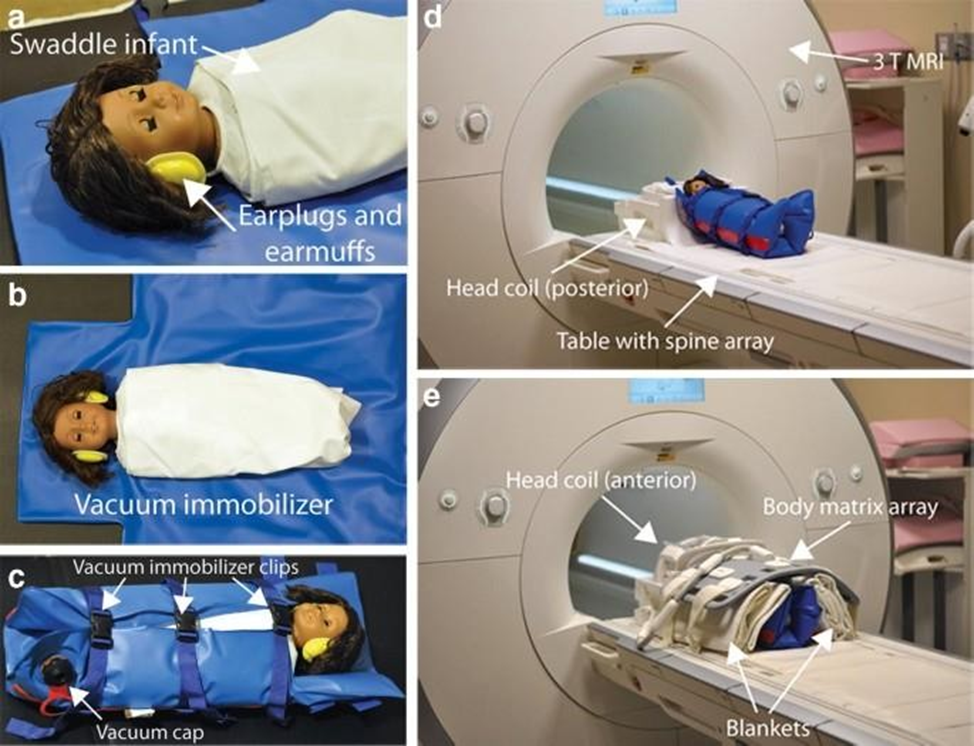A high school teacher who has been diagnosed with epilepsy after having a generalized tonic- clonic seizure tells the nurse, "I cannot teach anymore. It will be too upsetting if I have a seizure at work." How should the nurse respond to specifically address the patient's concern?
“You might benefit from some psychological counseling."
“The Department of Vocational Rehabilitation can help with work retraining."
"Epilepsy usually can be well controlled with medications."
“You will want to contact the Epilepsy Foundation for assistance."
The Correct Answer is C
A. “You might benefit from some psychological counseling." While psychological counseling may be helpful for coping with the emotional impact of epilepsy, it does not directly address the patient's concern about the possibility of having a seizure at work.
B. “The Department of Vocational Rehabilitation can help with work retraining." While
vocational rehabilitation services may be beneficial for individuals with disabilities, it may not directly address the patient's concern about continuing to work as a teacher.
C. "Epilepsy usually can be well controlled with medications." This response addresses the patient's concern by providing reassurance that epilepsy can often be effectively managed with medications. By effectively controlling seizures, the patient may be able to continue working without the fear of having a seizure at work.
D. “You will want to contact the Epilepsy Foundation for assistance." While the Epilepsy Foundation provides valuable resources and support for individuals with epilepsy, this response does not directly address the patient's concern about continuing to work.
Nursing Test Bank
Naxlex Comprehensive Predictor Exams
Related Questions
Correct Answer is D
Explanation
A. Therapeutic effects of medications may not be seen for 2-3 weeks: While it is important for the client to understand the timeline for therapeutic effects, ensuring medication adherence, especially during the initial period when therapeutic effects are not yet apparent, is of higher priority.
B. Physical dependency may result from extended use of medications: While the potential for physical dependency is an important consideration, ensuring medication compliance and adherence to the prescribed regimen, particularly in the context of managing seizures, takes precedence.
C. Urine may turn pink to brown but is not harmful: While this information may be included in the education plan to address potential side effects of antiepileptic medications, it is not the highest priority compared to ensuring the client understands the importance of taking medication regularly.
D. Take medication even if there is no seizure activity: Ensuring consistent medication adherence is crucial in managing seizure disorders to maintain therapeutic blood levels of antiepileptic medications and reduce the risk of breakthrough seizures. Missing doses can increase the risk of seizure recurrence.
Correct Answer is C
Explanation
A. "An MRI scan is not distorted by movement, so you do not have to lie still." This statement is incorrect. Movement during an MRI scan can distort images and affect the quality of the diagnostic information obtained. Patients are typically instructed to lie as still as possible during the procedure.
B. "The MRI contrast dye contains iodine and can cause your skin to itch." This statement is incorrect. MRI contrast agents do not contain iodine and are not associated with itching.
However, some patients may experience allergic reactions to MRI contrast agents, but this is not related to iodine.
C. "An MRI scan is very noisy, and you will be allowed to wear earplugs while in the scanner." This statement is correct. MRI scanners produce loud noises during imaging, which can be bothersome to some patients. Patients are often provided with earplugs or headphones to help reduce the noise and make the experience more comfortable.

D. "An MRI scan is a short procedure and should take no longer than 30 minutes." This statement is incorrect. The duration of an MRI scan can vary depending on the type of imaging being performed and the specific protocol used. Some MRI scans may take longer than 30 minutes to complete.
Whether you are a student looking to ace your exams or a practicing nurse seeking to enhance your expertise , our nursing education contents will empower you with the confidence and competence to make a difference in the lives of patients and become a respected leader in the healthcare field.
Visit Naxlex, invest in your future and unlock endless possibilities with our unparalleled nursing education contents today
Report Wrong Answer on the Current Question
Do you disagree with the answer? If yes, what is your expected answer? Explain.
Kindly be descriptive with the issue you are facing.
